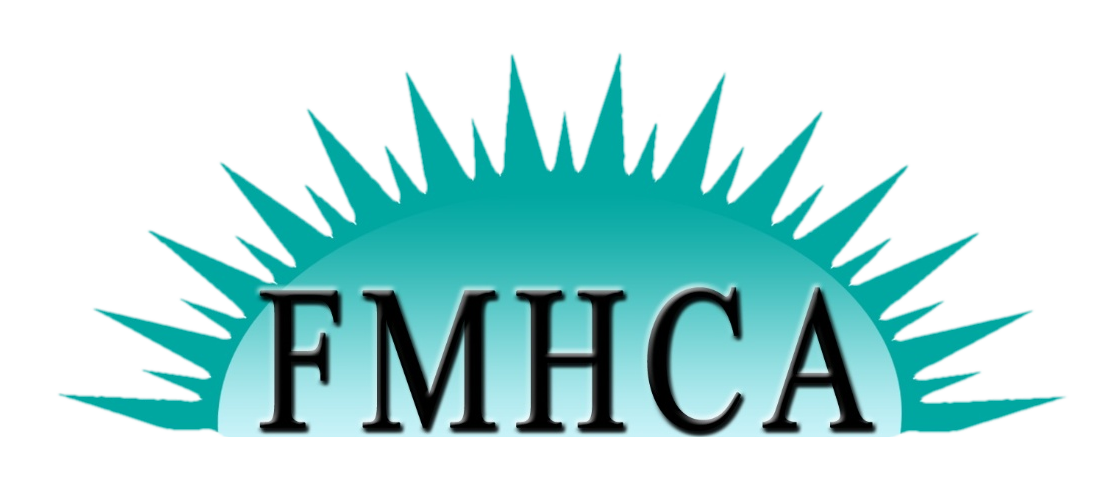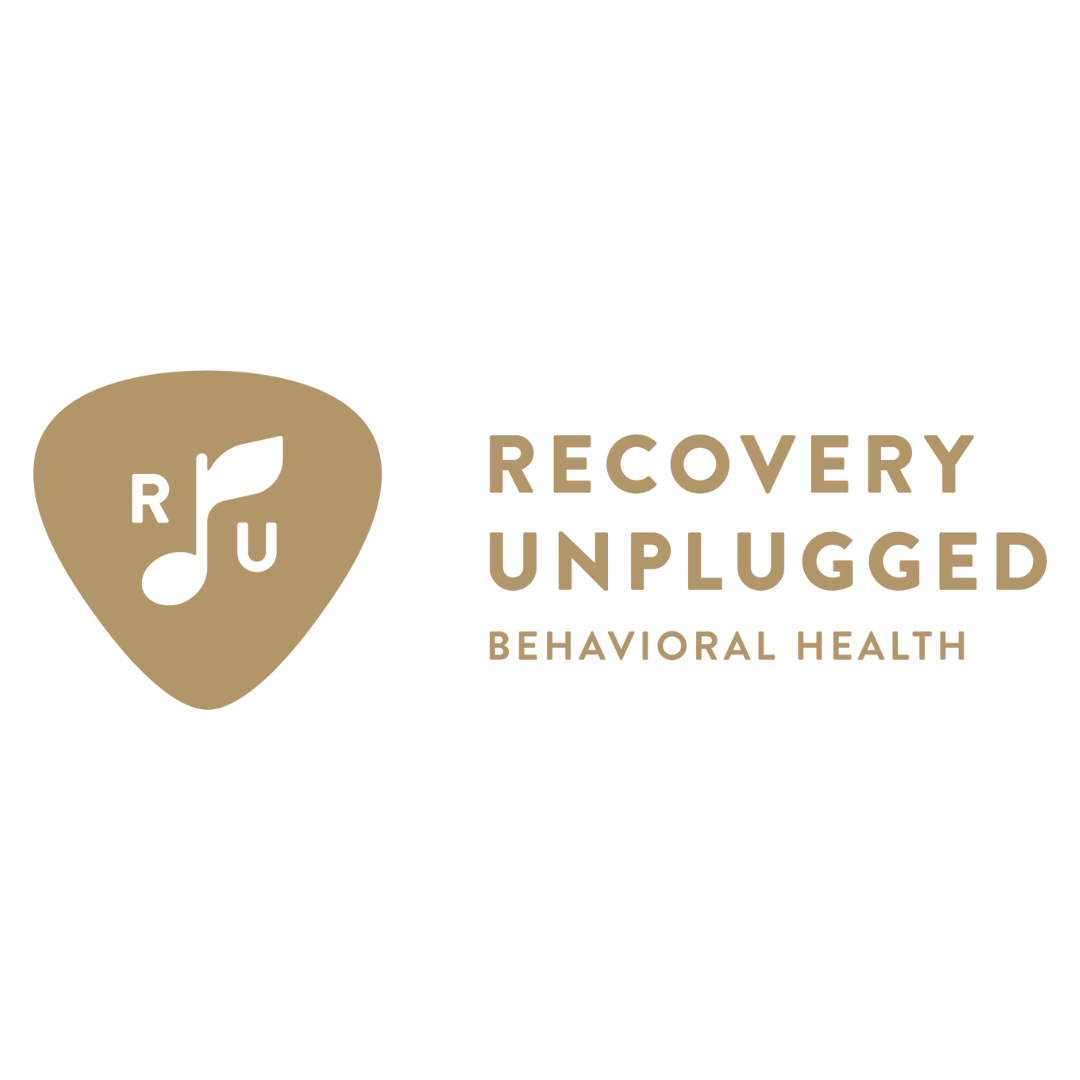Upcoming Events
-
America/New_York
27 Feb 2026 9:00 AMOnline (Via Zoom)
-
America/New_York
05 Mar 2026 9:00 AMOnline (Zoom)
-
America/New_York
13 Mar 2026 9:00 AMOnline (Zoom)
-
America/New_York
13 Mar 2026 1:00 PMOnline (Zoom)
-
America/New_York
23 Mar 2026 2:00 PMOnline (Zoom)
-
America/New_York
10 Apr 2026 2:00 PMOnline (Zoom)
Featured Members
FMHCA is a chapter of the American Mental Health Counselors Association, and is the only organization working exclusively for LMHCs in the State of Florida.
Menu
Log in
15673 Southern Blvd. #107, Loxahatchee Groves, Florida, 33470 (P) 561-916-5556 (E) Office@FLMHCA.org |
Powered by Wild Apricot Membership Software
 Florida mental health COUNSELORS association
Florida mental health COUNSELORS association




.png)




.png)

















.png)

.png)
.png)






.png)
.png)

